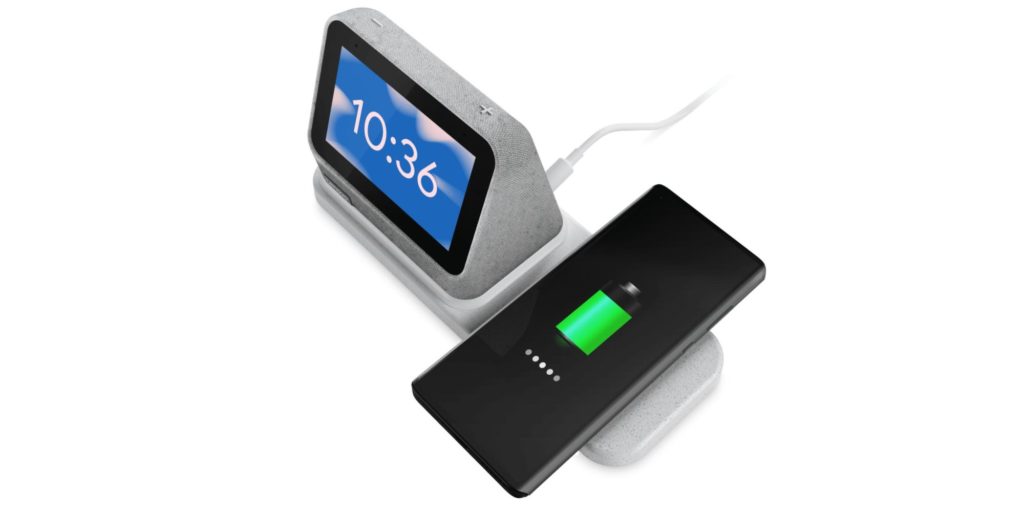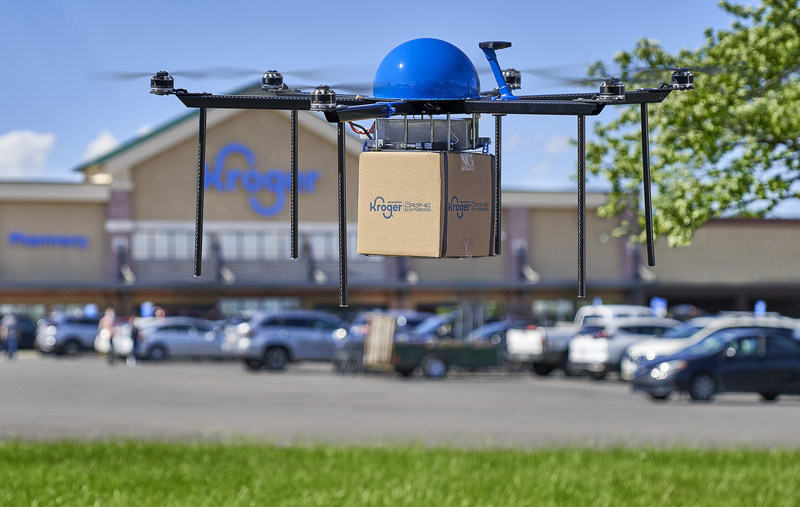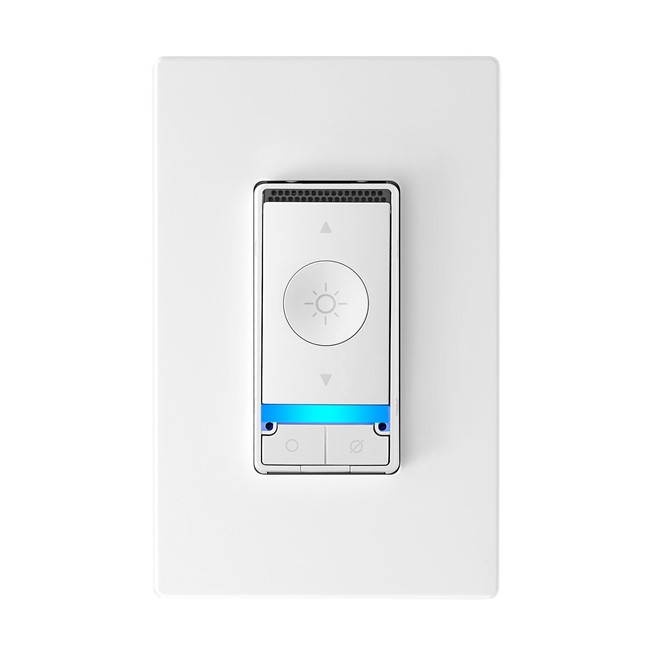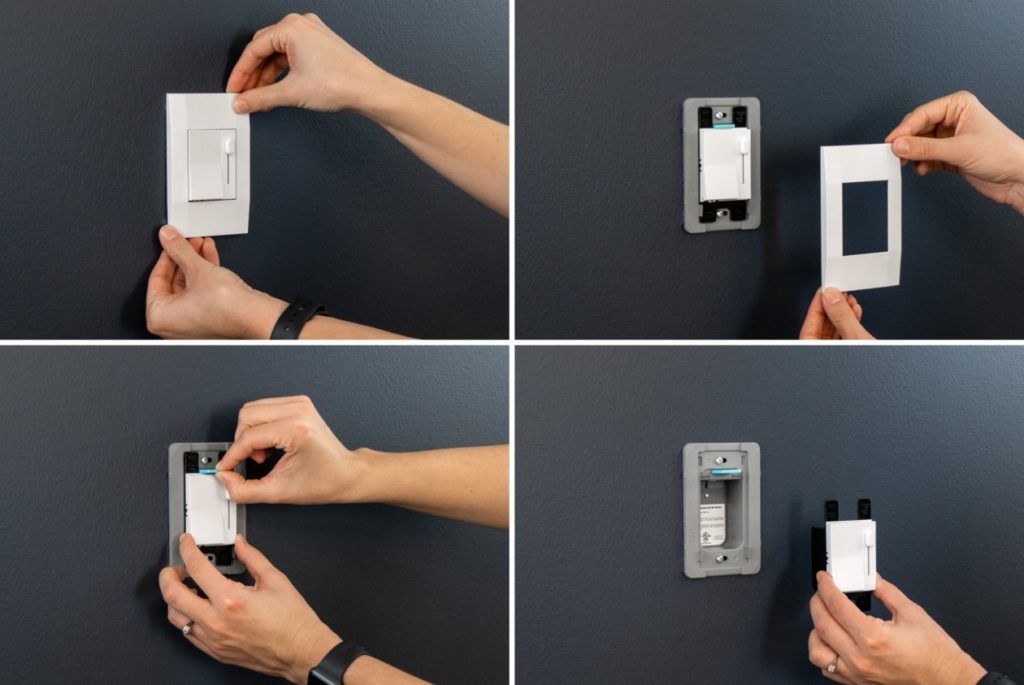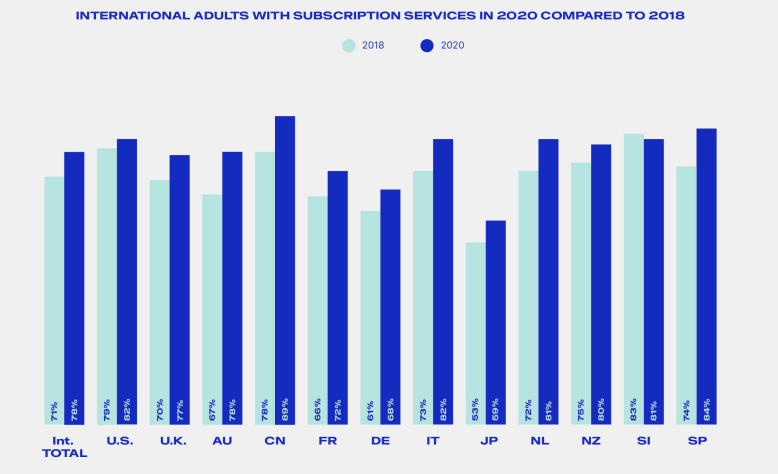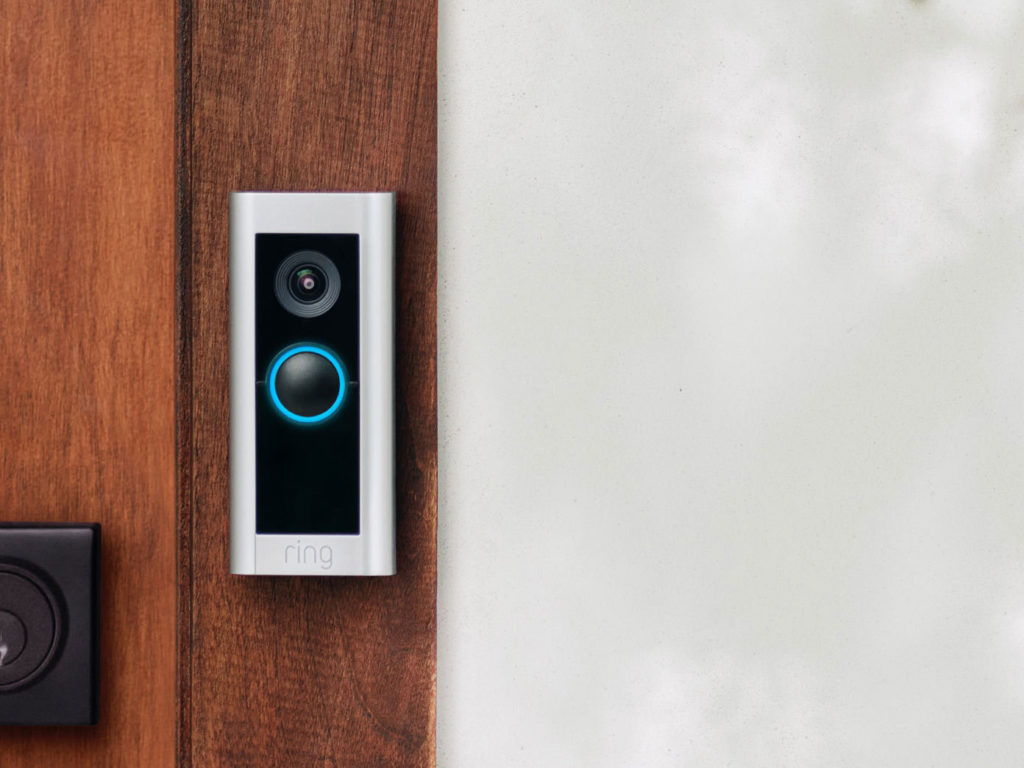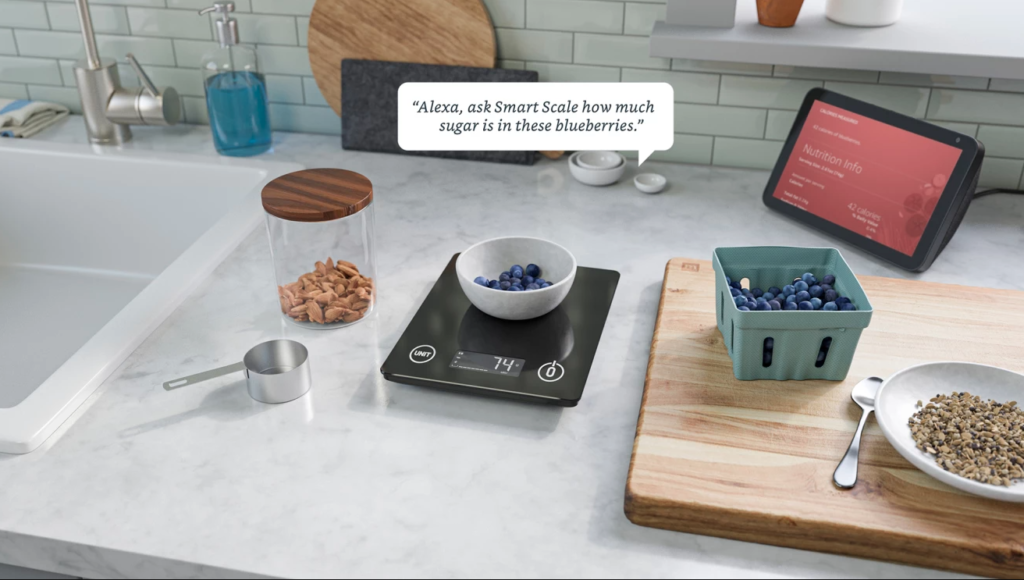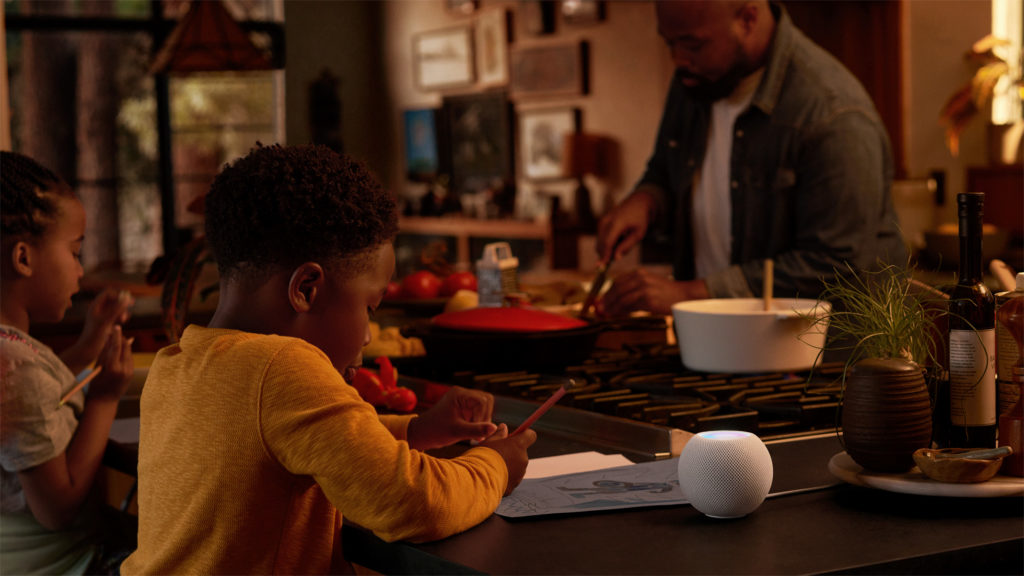Welcome to another show! We’re spending the first few minutes of the show diving into the rise of RF sensing in the IoT, covering the news of Amazon applying for an FCC waiver to use radar for sleep tracking, the FCC creating a notice of proposed rulemaking to use the 60 GHz spectrum for radar, and a deep dive into other technologies in the 60 GHz spectrum such as ultrawideband and even Wi-Fi sensing. Then we talk about Ring’s end-to-end video encryption, right to repair news, and how to use local control on the Amazon Echo. Our news bits include stories about Google, an IIoT vulnerability, new light strips from Wyze, and Motorola Solutions planning to buy Openpath. We end by answering a listener question about Wyze.
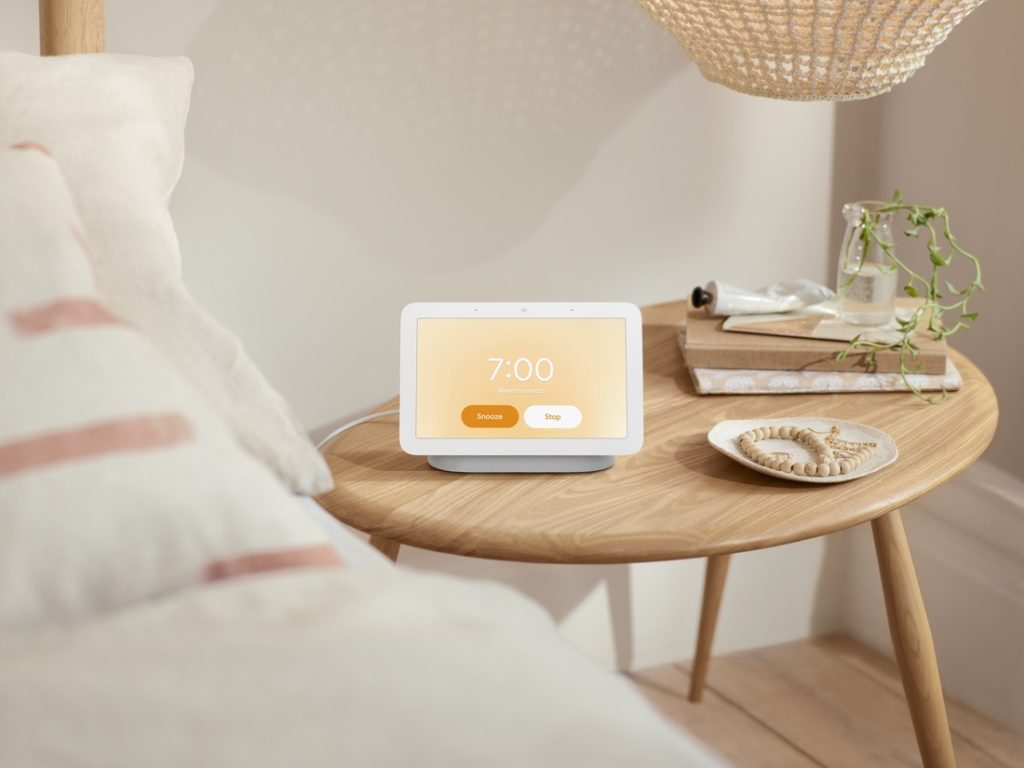
Our guest this week is Chris Grove, product evangelist at Nozomi Networks, who is on the show to discuss a new report detailing the escalation of ransomware attacks across several industries. He also talks about how the recent spate of ransomware attacks has and will continue to affect manufacturing operations. He breaks down how attacks on IT networks can affect operations networks and he offers some advice on how governments and companies can mitigate the harm of ransomware attacks. One suggestion I found worth noting was his idea that more companies start adopting separate Safety Instrumented Systems, which are separate networks that monitor and can shut down other network systems in case of an error. It’s a really informative interview for those who want to understand more about the demands of OT systems and what they can teach us about IT security.
Hosts: Stacey Higginbotham and Kevin Tofel
Guest: Chris Grove, product evangelist at Nozomi Networks
Sponsors: Silicon Labs and Trek10
- Want to understand everything you need to know about radar?
- Biden’s right-to-repair rules target smart farming equipment
- In which we discover Alexa has local control options
- Why IT folks should know more about safety instrumented systems
- Cameras are everywhere, and they are still pretty vulnerable
Podcast: Play in new window | Download | Embed
Subscribe: RSS

